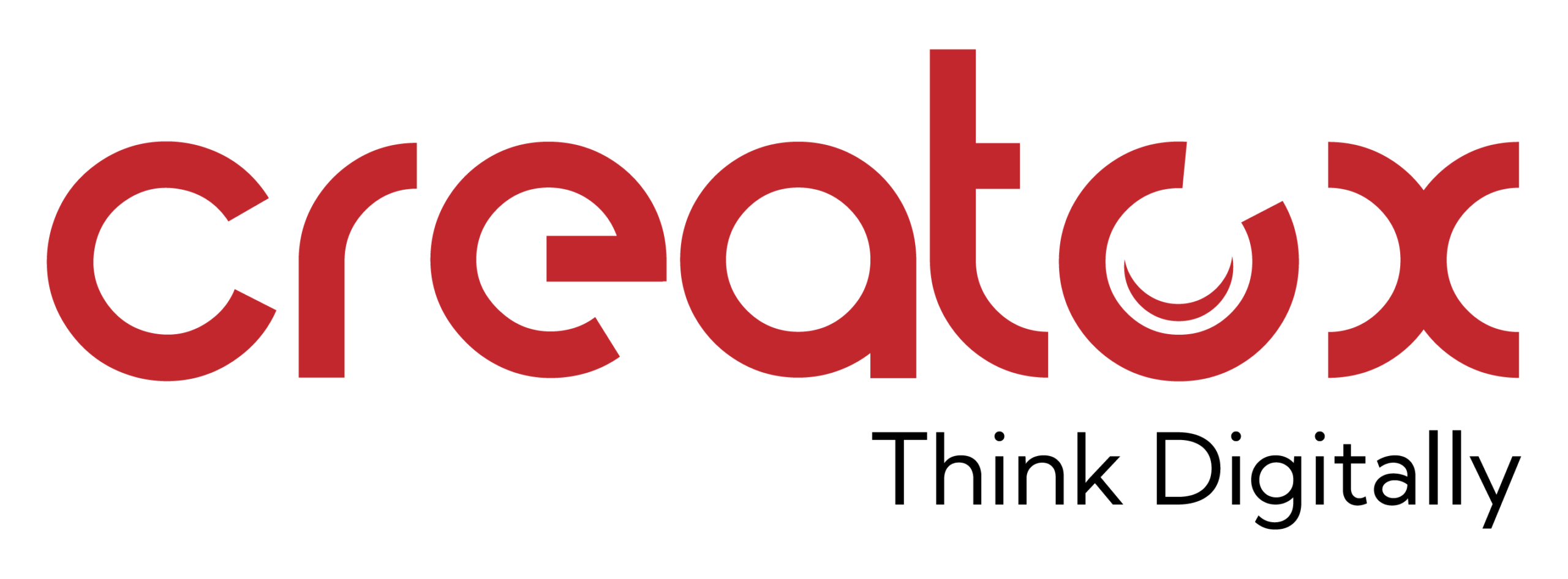In the ever-evolving world of digital marketing, understanding and maximizing reach is crucial for driving brand awareness and generating valuable interactions with your audience. Reach is often one of the first metrics marketers look at to evaluate the effectiveness of their digital campaigns. But what does reach really mean, and how can you leverage it to optimize your marketing efforts?
What is Reach inDigital Marketing?
Reach in digital marketing refers to the total number of unique users who have seen your content, ad, or campaign. It is a measure of the audience size and helps marketers understand how far their content has traveled across digital platforms. Unlike impressions, which count every time your content appears, reach focuses only on the total number of unique users exposed to your message.
Types of Reachin Digital Marketing
-
- Organic Reach; Organic reach refers to the number of unique users who view your content without paid promotion. This is achieved through search engine results, social media shares, or recommendations from other users. Organic reach is the most sustainable form of reach as it doesn’t, effective SEO practices, and strong social media presence.
-
- Paid Reach; Paid reach comes from running paid ads on platforms like Google Ads, Facebook, Instagram, LinkedIn, and more. With paid reach, you pay for your content to be shown to specific audience. This is often used when you want to accelerate the exposure of your brand, product, or service and target a precise demographic.
-
- Viral Reach; Viral reach occurs when your content is shared widely across digital platforms, beyond your immediate audience. When users find your content interesting or valuable enough to share with their networks, it exponentially increases its reach.
-
- Earned Reach; Earned reach refers to the exposure your brand gets through third-party endorsements, When someone else shares or talks about your brand, it increases your reach without you directly paying for it. Building strong relationships with influencers, customers, and media outlets can significantly increase earned reach.
Why Reach Matters in Digital Marketing
-
- Brand Awareness; Reach is a primary indicator of how many people are becoming aware of your brand or product. The larger your reach, the more potential customers are being introduced to your business. In the early stages of a campaign or marketing funnel, focus on expanding your reach to build a solid base of potential leads.
-
- Audience Engagement; Higher reach often leads to better engagement. The more people who see your content, the higher the chances of them interacting with it, sharing it, or even making a purchase. Engaged audiences can also become loyal advocates for your brand, helping to further expand your reach.
-
- Lead Generation; Expanding your reach means you’re also increasing the number of potential leads in your sales funnel. By targeting the right audience with the right content, you can attract leads that are more likely to convert into customers.
-
- SEO and Online Visibility; Digital marketing efforts that result in increased reach often improve your search engine rankings. For example, the more people who share your content or visit your site, the more likely it is to rank higher in search engine results, further boosting your reach.
Strategies to Improve Reach in Digital Marketing
-
- Create High-Quality Content; Content is at the heart of any digital marketing campaign. To maximize your reach, create engaging, valuable, and shareable content that resonates with your target audience. Whether it’s blog posts, videos, infographics, or social media updates, high-quality content is more likely to be shared and recommended.
-
- Utilize Social Media Platforms; Social media is one of the most effective channels for expanding your reach. Focus on the platforms where your target audience is most active and regularly post content that encourages engagement. Use appropriate hashtags, collaborate with influencers, and encourage user-generated content to boost organic reach.
-
- Leverage Paid Advertising; To accelerate your reach, use paid ads on platforms like Google, Facebook, Instagram, or LinkedIn. These platforms offer powerful targeting options, allowing you to reach users who are most likely to be interested in your products or services. Invest in both paid social media campaigns and display ads to further boost visibility.
-
- Collaborate with Influencers; Partnering with influencers can expand your reach exponentially. Influencers already have a built-in audience who trust their recommendations. By collaborating with the right influencers in your industry, you can tap into their network and increase your reach.
-
- Optimize for SEO; SEO is critical for improving organic reach. By optimizing your website and content with relevant keywords, high-quality backlinks, and a strong user experience, you increase the chances of your content appearing in search engine results, boosting visibility and reach over time.
-
- Encourage Sharing and Word-of-Mouth; Encourage your audience to share your content with their own networks. Offering incentives like discounts, giveaways, or exclusive content in exchange for sharing can motivate users to help spread the word about your brand.
-
- Use Video Content; Video content tends to have a higher engagement rate compared to other types of media. Videos are highly shareable and can be used across various platforms, from social media to YouTube. Live videos, in particular, offer real-time interaction and the potential for significant reach.
-
- Engage in Online Communities and Forums; Join online communities or forums relevant to your industry where people discuss topics related to your business. Engaging in these spaces can help you organically increase reach, as users may visit your website or follow your social media accounts after finding your expertise or content valuable.
Conclusion:
Reach is a powerful metric that helps businesses understand their digital marketing impact and visibility. By optimizing your reach strategy with high-quality content, social media engagement, paid ads, and SEO, w your audience. Keep in mind that while reach is an essential first step, it’s equally important to focus on nurturing relationships with your audience through meaningful interactions that lead to conversions.






